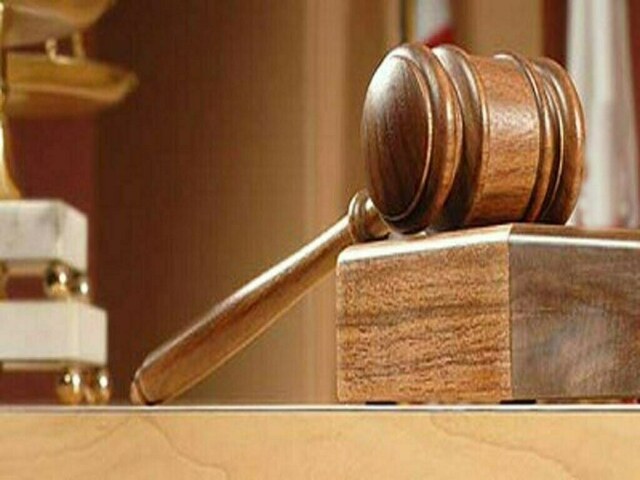EDITORIAL: The Supreme Court Constitutional Bench verdict denying the PTI-backed Sunni Ittehad Council (SIC) its claim to reserved seats for women and minorities — and reallocating them to other parties in the national and provincial assemblies, primarily those belonging to the ruling coalition — is set to reshape the political landscape in significant ways. It also invites deeper reflection on the trajectory of recent judicial verdicts, particularly in relation to the principle of independence of the judiciary — whether it truly exists in the country, and the point at which it may begin to blur into judicial overreach.
The decision overturned the top court’s July 2024 verdict that had recognised the PTI as a parliamentary party and affirmed its eligibility for reserved seats, thereby reversing the Election Commission of Pakistan’s (ECP’s) earlier move to deny these seats to the PTI-backed SIC.
The Constitutional Bench’s judgement now effectively grants the ruling coalition a cast-iron two-thirds majority in parliament — one it did not, it must be noted, secure through a direct electoral mandate. The fact remains that PTI-backed independents had emerged as the largest bloc in parliament following last year’s elections, and the current makeup of the legislature does not reflect that reality. The opposition now stands significantly diminished, with limited capacity to influence legislation or hold the government to account, calling into question the health of representative politics.
One must recall that the controversy over the reserved seats only arose because of a series of actions taken by the ECP ahead of the 2024 elections and mis-steps by the PTI thereafter that ultimately compromised the PTI’s mandate. Chief among these was the ECP’s decision to bar the party from using its electoral symbol, citing major irregularities in its intra-party elections. This decision was later upheld by a Supreme Court bench headed by the then chief justice Qazi Faez Esa in another ruling that had sparked much division and debate.
Crucially, it also caused confusion over whether losing the electoral symbol had an impact on the PTI’s standing as a political party that could contest the elections in its own right. That uncertainty, in turn, led to the classification of PTI-backed candidates as independents, and set off the legal and constitutional wrangling over the allocation of reserved seats. The PTI’s decision to get its members that were elected as independents to join the Sunni Ittehad Council that did not contest the elections as a party and therefore had no representation undermined their claim for allocation of reserved seats.
This latest Supreme Court verdict is part of a series of rulings in recent years that have generated considerable consternation, appearing to rely more on procedural technicalities than on a consistent interpretation of constitutional principles or democratic intent.
One is reminded, for instance, of the 2022 judgement in which the court had held that the votes cast contrary to the parliamentary party line under Article 63-A should not be counted and the erring legislators whose votes were disallowed should also be deseated. This ruling, delivered following Hamza Shehbaz’s election as Punjab chief minister with the help of defectors from the PTI and the PML-Q, had essentially rewritten the Constitution, which in fact does allow legislators to vote against party lines when electing a chief minister at the risk and penalty of losing their seat.
When key judicial decisions — whether related to Article 63-A, the denial of the PTI’s electoral symbol or the latest ruling on the reserved seats — rest on narrow legal interpretations and technicalities, they inevitably raise fears about both judicial overreach and the true independence of the judiciary. These were the very concerns that this newspaper had also voiced at the time of the 26th Amendment passage, which had substantially reshaped the structure and internal dynamics of the judiciary, as well as its relationship with the executive.
In fact, one could argue that the reserved seats ruling is a direct consequence of the shifts introduced by the 26th Amendment. One only hopes that the long-term impact of these shifts does not further erode the public’s trust in the democratic process and representative governance.
Copyright Business Recorder, 2025
